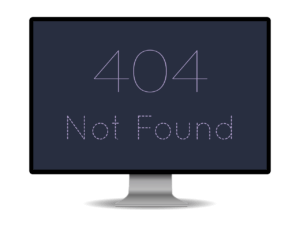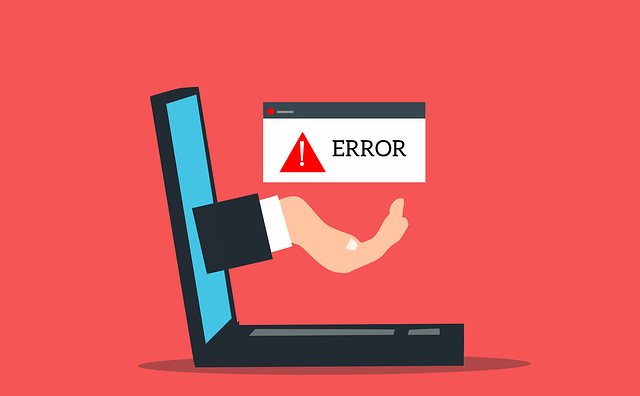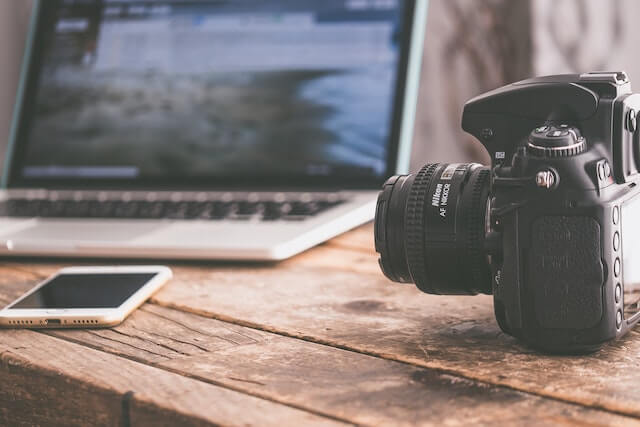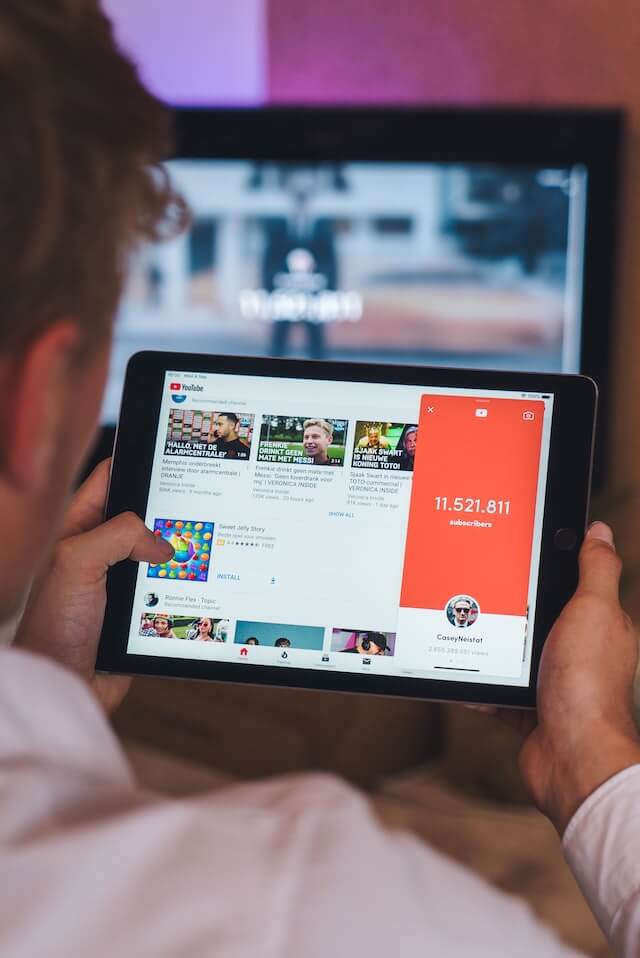How to Access YouTube When Blocked?
YouTube has become an indispensable platform for millions of users worldwide to access various types of videos, from educational content to entertainment. However, some organizations or governments block access to YouTube for various reasons, leaving many people unable to access their desired content. In this article, we will explore several ways to access YouTube when it’s blocked.
 Understanding Why YouTube Is Blocked
Understanding Why YouTube Is Blocked
Before we dive into the methods of accessing YouTube when it’s blocked, let’s take a look at why YouTube is blocked in the first place. There are several reasons why YouTube might be blocked:
1. Geographical Restrictions
Some countries have strict regulations on internet content, and YouTube falls under that category. They may have censorship policies in place that restrict access to certain websites, including YouTube.
2. Network Restrictions
Some schools, universities, and workplaces restrict access to YouTube as it can be a source of distraction, and they aim to keep their networks secure from possible security breaches.
3. Government Restrictions
In some countries, the government may restrict access to YouTube to prevent citizens from accessing specific types of content that they deem inappropriate or sensitive.
Ways to Access YouTube When Blocked
There are several ways to access YouTube when it’s blocked. Here are some of the most effective methods:
1. Use a VPN
A Virtual Private Network (VPN) is a tool that can help you bypass geo-restrictions by creating a secure connection between your device and the internet. By using a VPN, you can route your internet connection through a server in a different location, thus appearing as if you’re accessing the internet from that location. VPNs can also help you bypass network restrictions and access YouTube from your school or workplace. There are numerous VPN services available, both free and paid, so choose one that suits your needs and budget.
2. Use a Proxy Server
A proxy server is another option for accessing YouTube when it’s blocked. A proxy server acts as an intermediary between your device and the internet. When you use a proxy server, your requests are sent through the server, which then fetches the content and sends it back to you. This way, the content appears to be coming from the proxy server, not your device. This method can also help you bypass network restrictions, but it’s not as secure as using a VPN.
3. Use the Tor Browser
The Tor browser is a web browser that allows you to access the internet anonymously by routing your connection through several servers before reaching its destination. By using the Tor browser, you can bypass geographical and network restrictions and access YouTube. However, this method can be slow and may not work well for streaming video content.
4. Use a Mobile Hotspot
If YouTube is blocked on your school or workplace network, you can try using your mobile phone as a hotspot. By connecting your device to your mobile hotspot, you can access YouTube without any restrictions. However, this method may not be suitable for streaming video content as it can quickly consume your mobile data.
5. Use an Alternative Video Hosting Platform
If all else fails, you can try using an alternative video hosting platform that’s not blocked in your location. Platforms such as Vimeo, Dailymotion, and Metacafe are popular alternatives to YouTube.
Conclusion
Accessing YouTube when it’s blocked is not impossible. By using a VPN, a proxy server, the Tor browser, a mobile hotspot, or an alternative video hosting platform, you can bypass geographical and network restrictions and access your desired content. However, it’s essential to be cautious when using these methods as they may not be secure or may violate your organization’s policies.
FAQs
1. Is it legal to use a VPN to access blocked content?
Yes, using a VPN to access blocked content is legal in most countries. However, some countries have strict regulations on VPN usage, so it’s essential to check the laws in your location before using one.
2. Will using a VPN slow down my internet speed?
Yes, using a VPN can slow down your internet speed as your data has to go through an extra server. However, the speed reduction depends on the VPN service you’re using and your internet connection speed.
3. Can I use a free VPN to access YouTube when it’s blocked?
Yes, you can use a free VPN to access YouTube when it’s blocked. However, free VPN services may not be as reliable or secure as paid ones.
4. Is it safe to use a proxy server to access YouTube?
Using a proxy server to access YouTube may not be entirely safe as your data is being sent through a third-party server. It’s essential to choose a trustworthy proxy server and use HTTPS connections to ensure your data is encrypted.
5. What should I do if none of the methods work?
If none of the methods work, it’s best to consult your organization’s IT department or seek help from a professional to find a solution. Trying to bypass restrictions without permission can have severe consequences, so it’s best to be cautious.








